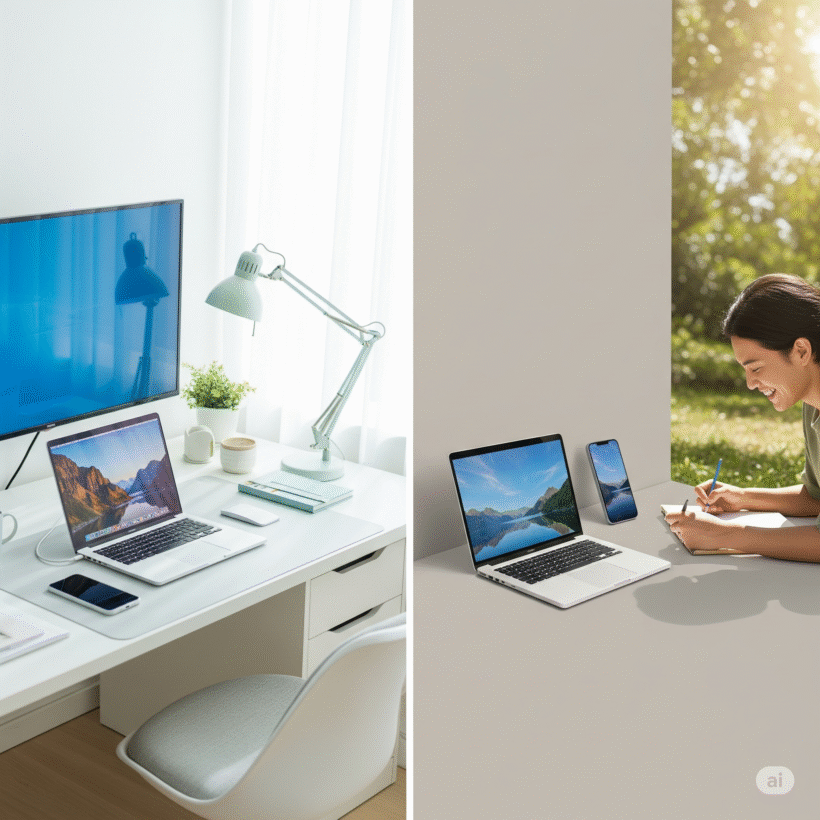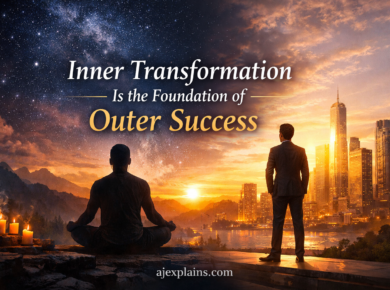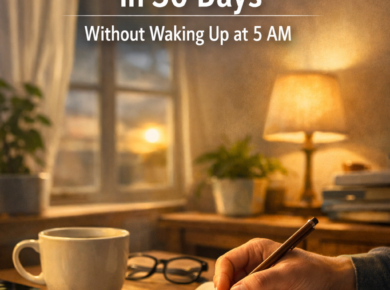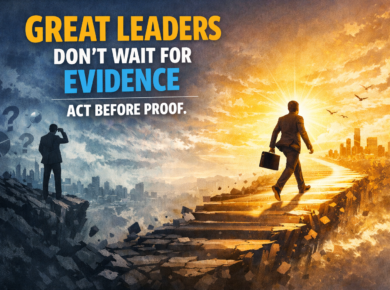Success Without Burnout: Creating a Life You Don’t Need a Vacation From
“Burnout happens when you try to avoid being human for too long.” — Michael Gungor
Every day, millions wake up tired. Emails flood in before breakfast. To-do lists stretch endlessly. The pace of life is rapid. The pressure is constant. And vacations? They become a temporary escape instead of a celebration.
We work hard to succeed, but somewhere along the way, we forget to enjoy life. Is it possible to build a life that doesn’t need escaping from?
Yes. Success and peace can coexist. Let’s explore how to create a life that brings both achievement and joy—without burning out.
1. What Is Burnout, Really?
Burnout is more than tiredness. It’s emotional exhaustion, mental fog, and a loss of motivation. The World Health Organization classifies burnout as a syndrome resulting from chronic workplace stress.
Symptoms of Burnout:
- Feeling drained most of the time
- Losing interest in tasks
- Frequent headaches or trouble sleeping
- Feeling detached or cynical
- Lowered productivity
Why It Happens: Burnout is a mismatch. A mismatch between your energy and your tasks. Between your values and your daily routine. Between your goals and your reality.
2. The Culture of Hustle
“Rise and grind. Sleep is for the weak. Work harder.”
These mantras flood our feeds. Hustle culture glorifies overworking. It equates success with exhaustion.
But the truth is:
- Sleep improves focus
- Rest fuels creativity
- Downtime increases productivity
When we chase intensity instead of sustainability, we trade long-term fulfillment for short-term achievement.
3. Redefining Success
What does success really mean? Is it money? Fame? A big house?
Or is it freedom, peace, time with loved ones, and doing work that matters?
Start by asking yourself:
- What makes me feel alive?
- When do I feel most fulfilled?
- Am I chasing goals I set or ones society imposed?
Redefining success is step one in designing a burnout-free life.
4. Work-Life Harmony Over Work-Life Balance
Balance implies a perfect 50-50 split. Harmony is more flexible. It’s about alignment, not division.
You might work more on some days, rest more on others. Harmony allows space for priorities to shift without guilt.
Steps to Create Harmony:
- Set clear work boundaries
- Designate “no work” zones or hours
- Schedule rest like meetings
- Say “no” to things that drain you
5. Designing a Sustainable Routine
Your routine defines your energy.
Build a routine that includes:
- Morning quiet time (no phone)
- Deep work hours (distraction-free focus time)
- Short breaks (5-minute resets)
- Evening wind-down (journaling, walks, music)
Make room for movement, mindfulness, and moments of silence. These aren’t luxuries—they’re necessities.
6. The Power of Saying No
Every “yes” is a “no” to something else. When you say yes to every project, message, or meeting, you say no to rest, focus, and peace.
Learning to say “no” respectfully protects your energy.
How to Say No Without Guilt:
- “Thank you, but I can’t take that on right now.”
- “I appreciate the offer, but I’m focused on another priority.”
- “That doesn’t align with my current goals.”
No is a complete sentence. Use it.
7. Real-Life Example: Arianna Huffington
In 2007, Huffington collapsed from exhaustion. She hit her head on her desk and woke up in a pool of blood. That was her wake-up call.
She went on to create Thrive Global, a platform that promotes well-being and sustainable success. Today, she sleeps 8 hours, meditates, and encourages millions to unplug and recharge.
Her story is a powerful reminder: Burnout is avoidable when success includes self-care.
8. Self-Care Isn’t Selfish
Self-care is maintenance. Just like charging your phone, you must recharge yourself.
Daily Self-Care Ideas:
- Take a 10-minute walk outside
- Drink water before coffee
- Stretch between meetings
- Journal one gratitude every evening
It doesn’t have to be expensive or time-consuming. It just has to be consistent.
9. Technology Boundaries
We’re connected 24/7. Slack pings after dinner. Emails at midnight. Social media during meals.
This constant digital drip wears down focus and joy.
Try This:
- No phones during meals
- One screen-free hour daily
- Set “Do Not Disturb” windows
- Unfollow energy-draining content
Digital detox = mental clarity.
10. Aligning Work With Purpose
Meaningful work energizes. When your tasks align with your values, you don’t feel drained. You feel fulfilled.
Ask:
- What impact do I want to make?
- Does my work reflect who I am?
- Can I tweak my role to bring more meaning?
Even small shifts—like mentoring, volunteering, or passion projects—can add purpose to your daily grind.
11. Rest as a Strategy
Rest is not laziness. It’s a productivity tool.
Top athletes build rest into training. Creative minds find breakthroughs in rest. Our brains consolidate learning during sleep.
Types of Rest:
- Physical: Sleep, stretching, massage
- Mental: Breaks from screens and decisions
- Emotional: Safe conversations, therapy
- Creative: Time in nature, music, art
Plan rest like you plan work. It’s just as important.
12. Real-Life Example: Bill Gates’ Think Weeks
Twice a year, Gates retreats to a cabin with books and no internet. He reads, reflects, and recharges.
These “Think Weeks” sparked innovations like Internet Explorer and Microsoft Office.
Rest isn’t downtime. It’s deep time.
13. Build a Life You Don’t Need to Escape From
Imagine waking up excited. Working with meaning. Having time to eat slowly, walk mindfully, and laugh deeply.
This life isn’t fantasy. It’s design.
Design your days with care:
- Prioritize joy
- Work with intention
- Rest without guilt
Let vacation be a treat—not therapy.
14. Final Thoughts
You don’t need to trade well-being for success. You don’t need to hustle till you crash.
True success is sustainable.
It’s doing work you love, with energy to enjoy the rewards. It’s sleeping well, living slowly, and staying aligned with what matters.
Create a life you love so much, you don’t feel the urge to escape.
That’s success.
Resources & Further Reading:
- “Burnout” by Emily and Amelia Nagoski
- “Thrive” by Arianna Huffington
- “Rest: Why You Get More Done When You Work Less” by Alex Pang
Quote to Remember: “Almost everything will work again if you unplug it for a few minutes… including you.” — Anne Lamott








